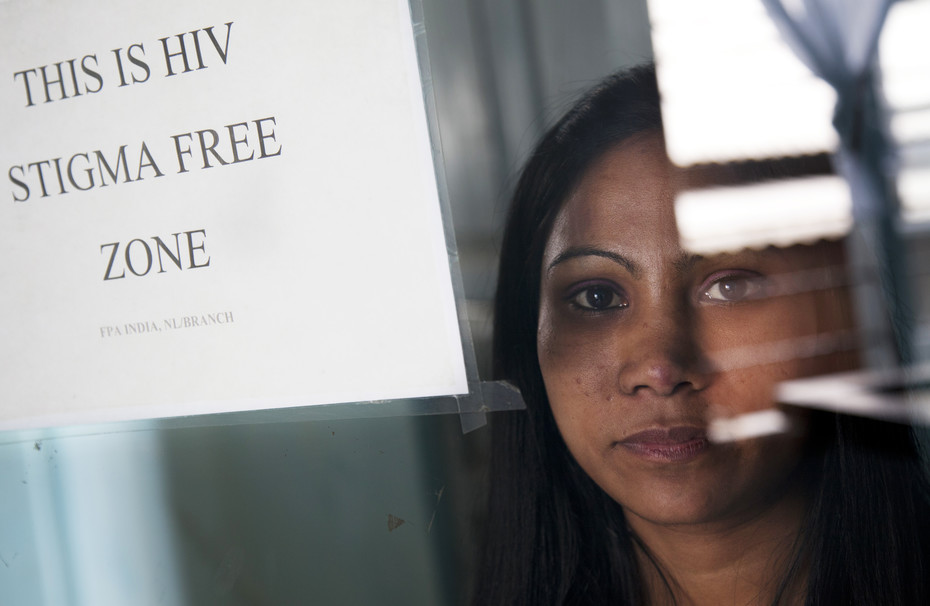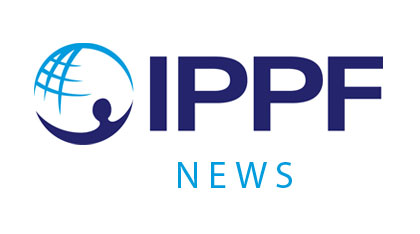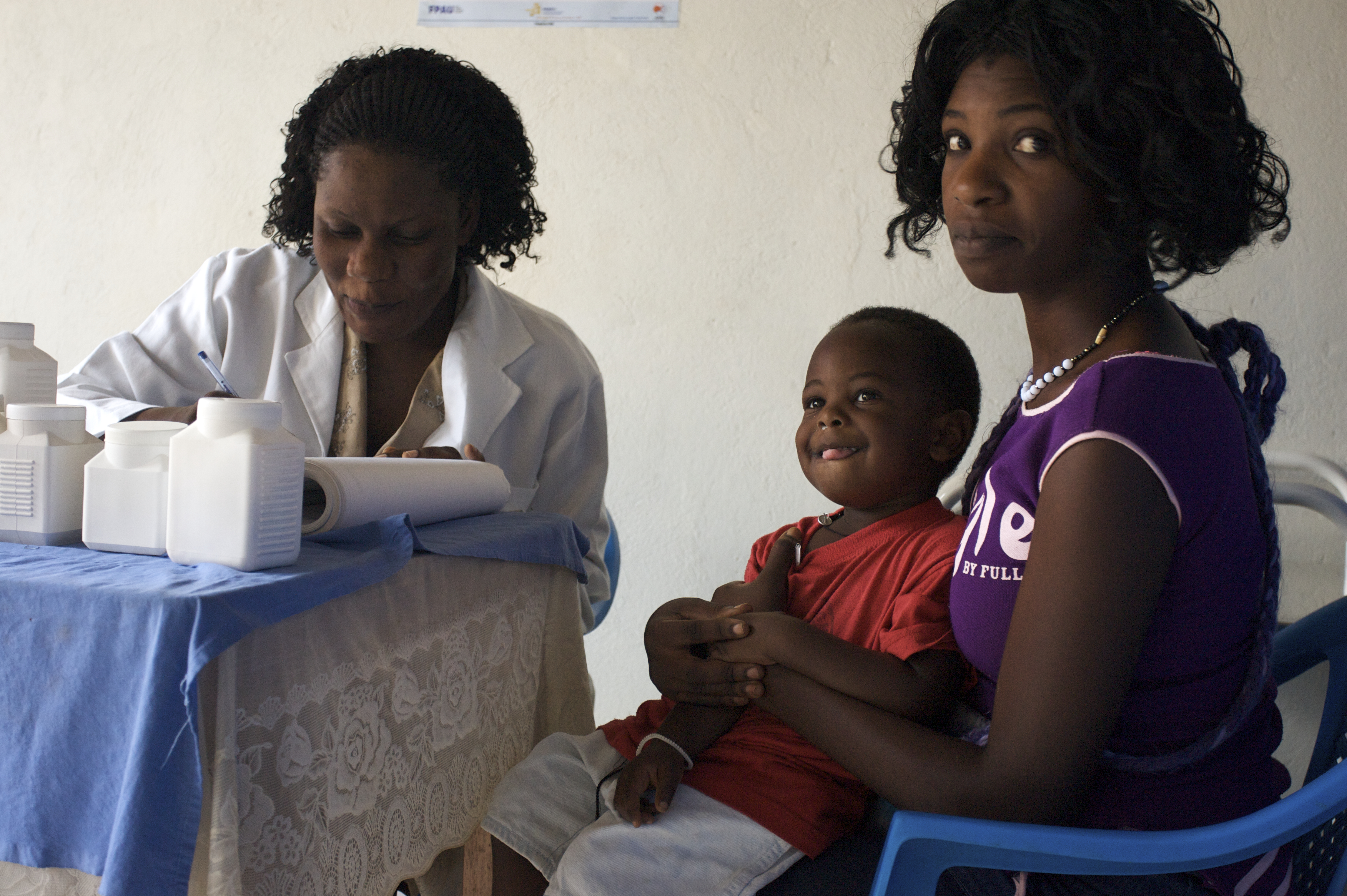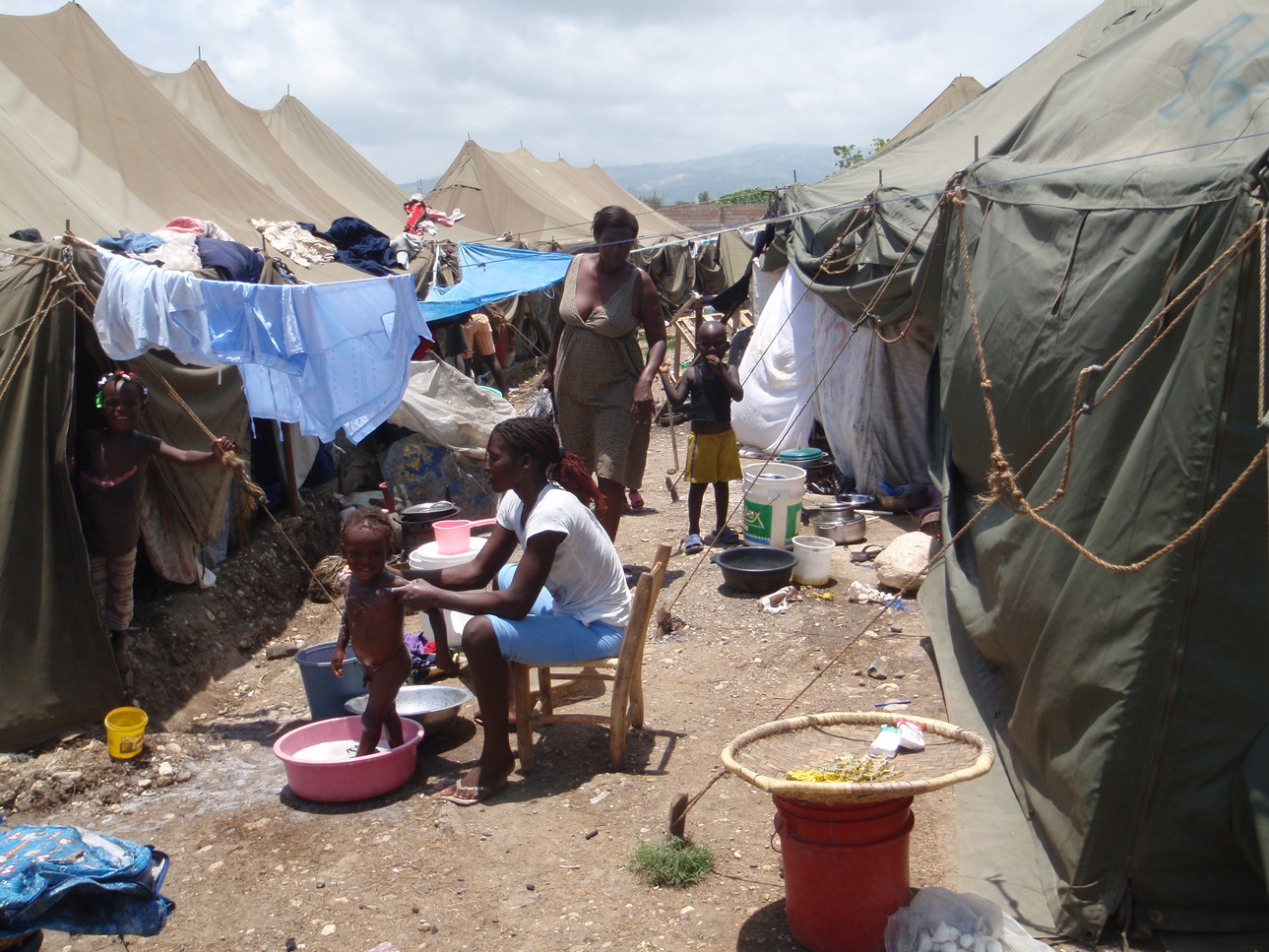
| 07 March 2016
IPPF welcomes European Commission pledge to Global Fund
IPPF welcomes the news that the European Commission has made the first pledge to the Global Fund to fight AIDS, Tuberculosis (TB) and Malaria’s 5th Replenishment – €470 million. That’s an increase of €100 million, or 27 percent, on its previous contribution. "At a time when Europe is facing many budget challenges, this contribution shows great commitment toward global health and ending epidemics as a priority," IPPF’s senior HIV and AIDS adviser Alan Smith said. “Although huge progress in the fight against HIV has been made, there remains much to be done to achieve the end of AIDS as a public health threat by 2030, not least of which is funding the UNAIDS fast track strategy, to which this is a significant contribution. We call on other donors to emulate the Commission in increasing their pledges to global fund” In 2014 IPPF provided 32 million HIV services around the world.

| 03 March 2016
Global news updates
A roundup of sexual and reproductive health and rights news from the Federation and beyond. View my Flipboard Magazine.

| 19 February 2016
IPPF calls for G7 leaders to prioritize the full range of sexual and reproductive health care services in Universal Health Coverage
18 February, Tokyo:The International Planned Parenthood Federation (IPPF) calls for G7 leaders to prioritize the full range of sexual and reproductive health care services in plans for Universal Health Coverage in their forthcoming Ise Shima G7 Summit in May. IPPF made this call at this week’s G7 Health Experts’ Meeting in Tokyo. IPPF said sexual and reproductive health care (SRH)services are essential because they save lives, are cost effective and offer universal benefits. IPPF highlighted that SRH services are critical to achieving women’s empowerment, equality and full participation in society. These services play a crucial part in the development of resilient health systems that can help reduce the impact of humanitarian disasters. Giselle Carino, IPPF Western Hemisphere Regional Director Designate, who attended at the meeting said: "Governments (public sector) cannot work alone to ensure that no-one is left behind. Locally-owned organizations, such as IPPF Member Associations, are working at the frontline supporting communities, particularly poor and underserved people including women and adolescents, to make a real and sustainable difference in their health status and realize human security. G7 leaders must recognize the role of civil society in health system strengthening and building a new global health architecture". IPPF also calls for: The principle of Universal Health Coverage: that everyone has the right to health without facing financial hardship and no social groups can be left behind. Essential sexual, reproductive, maternal, new-born, child and adolescent health services at the primary care level should be a priority of Universal Health Coverage because investment in these services is among the most cost-effective interventions that a health system can provide. The importance of the social and gender determinants of health should be recognized by mainstreaming gender equality into Universal Health Coverage and national health strategies. Making significant progress on both targets 3.7 and 3.8 would be transformative. Therefore IPPF urges the G7 to prioritize discussion of how these targets can be achieved during preparations for the Ise-Shima summit and in particular calls on the G7 to ensure that sexual and reproductive health services are prioritized in plans for Universal Health Coverage.

| 09 February 2016
IPPF support UN’s vision for tackling humanitarian crises
The International Planned Parenthood Federation welcomes the United Nations Secretary General’s humanitarian report which he delivered today. (February 9th) Ban Ki-Moon outlined five core responsibilities for the international community in a report which set out his vision ahead of the world humanitarian summit in May. These included better political leadership, protection for civilians, respect for humanitarian law, inclusive policies to make sure no one is left out, more flexibility and joined-up thinking from the aid community. He said the aid industry and his own organisation needed to urgently reform so they could react more effectively to today’s many crises. Director General, Tewodros Melesse said: "We strongly agree with the vision laid out by the Secretary General. At IPPF, we believe that there needs to be a serious rethink when it comes to the humanitarian response to the increasing number of crises around the world. “From our perspective we think it is essential that sexual and reproductive health and rights are included in the humanitarian response.” The figures for humanitarian crises are dramatic. More than a billion people alive today have seen their lives upended by crisis, war, instability; epidemics and disasters have left a long trail of turmoil and destruction. More than 100 million people in need of humanitarian assistance We know that a quarter of these are women and girls aged between 15 and 49 who are heightened risk of sexually transmitted infections, including HIV; unintended, unwanted pregnancy; maternal death and illness and sexual- and gender-based violence. The statics show that 56 per cent of maternal and child deaths take place in fragile settings, many of them affected by conflicts and recurring natural disasters. Over the past decade, IPPF has reached millions of people during floods, conflicts, earthquakes, cyclones when health care systems have often collapsed. At these moments IPPF Member Associations continued to serve the unreachable particularly women which are three-quarters of IPPF clients. We have an organizational strategy to address sexual and reproductive needs before, during and after humanitarian crises. IPPF’s first response is with its Minimum Initial Service Package, which is life-saving, and then IPPF transitions to its Integrated Package of Essential services, which is life-changing. Often our intervention in the aftermath of humanitarian disasters ensures that the sexual and reproductive health situation is better after the crisis than before.

| 05 February 2016
Syria must not be a silent crisis for women and girls says IPPF
In reaction to yesterday’s pledges made from donor governments to Syria's aid conference in London, IPPF Director General Tewodros Melesse said more action should be taken to ensure that sexual and reproductive health and rights are at the centre of humanitarian efforts. Mr Melesse stated that “We have seen some great progress and we must celebrate that governments have come together to tackle one of the largest humanitarian crises we have seen in a long time. But we must not forget that in the response, sexual and reproductive health services should also be a top priority. Women and girls are disproportionately influenced by humanitarian crises exposed to early marriage, trafficking, rape, forced pregnancies, unattended service delivery during complicated pregnancies and delivery. We could save lives by putting money and efforts into an integrated comprehensive package on reproductive health into the standard humanitarian response. IPPF has been doing this for years, our staff work on both sides of the border and on the frontline. Beyond the immediate crisis we also work with those affected for the long term”. IPPF in Syria In Syria 46,500 women will suffer gender based violence, including rape, as a result of the ongoing conflict. This shows a great need to ensure that the human rights of women and girls are protected and able to access sexual and reproductive healthcare. IPPF Member, the Syrian Family Planning Association is on the front line when it comes to dealing with the less-reported consequence of every war- sexual and reproductive health and rights. Syrian Family Planning Association Executive Director Dr. Lama said “ When a woman comes to our services she is typically lost and without hope. Our indicator of success is that we help the hopeless to have hope. We need more support to sustain and expand our services and to maintain the protection services we provided full of confidentiality and confidence. " Over the last 10 years, IPPF has reached millions of people during floods, conflicts, earthquakes, cyclones. When health care often collapsed, our Member Associations continued to reach the underserved, which makes three quarters of IPPF clients. For more information or interviews contact press office 02079398227

| 04 February 2016
Global response to Zika must provide contraceptives to all says IPPF
As a case of sexually transmitted Zika infection was reported in the US yesterday, the International Planned Parenthood Federation’s (IPPF) Director General, Tewodros Melesse urged that more must be done to ensure contraceptive access is at the forefront of the response. In a statement by IPPF’s Director General, Tewodros Melesse said in response to reports of Zika in Ireland and US yesterday. “The World Health Organization (WHO) on Monday declared Zika a Public Health Emergency of International Concern. Further guidelines are needed for a comprehensive effort to tackle the epidemic. We need more guidance from WHO to ensure that the rights of women are at the forefront of the Zika response. Updates are essential now that sexual transmission is emerging as a potential mode of infection that puts people at risk.” It is clear that further surveillance and research is necessary to confirm if this is a possible mode of transmission. If proved that the Zika virus can be sexually transmitted, it will be important to ensure the integration of sexually transmitted infections (STI) prevention strategies as part of control efforts. The Centres for Disease Control (CDC) reported that it is likely that the infection in the US was transmitted through sexual contact. IPPF will continue to monitor the situation. With this potential for sexual transmission, it is advised to ensure access to condoms and to promote use along with other forms of contraceptive methods. Male and female condoms are effective for preventing unintended pregnancies as well as the transmission of HIV and other sexually transmitted infections (STIs). In response to the calls for women to delay pregnancy in some of the affected countries, Mr Melesse said “It is essential to recognize that women have the right to make decisions about their reproduction, including if and when they have children, but this is not always possible in areas of poverty and where sexual and gender based violence rates are high.” “Delaying pregnancy will not be an option for some, so every response must be tailored to the individual. The Zika response must include a sensitive approach to pregnant women who are concerned and need testing, while access to contraception should be available to all. Governments must ensure that their medical services have the supplies for those whose want it. We recommend that strengthening family planning programs and access to safe abortion services for those women who need it and where it is permitted by law should be included in the strategies for responding to the Zika outbreak.” IPPF is a network of sexual and reproductive health and rights organisations in 170 countries that are equipped to monitor and respond to any member of the public who wants information, services, contraception and access to abortion and are available to serve at the first point of response. For further information and interviews contact press office 02079398227







